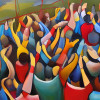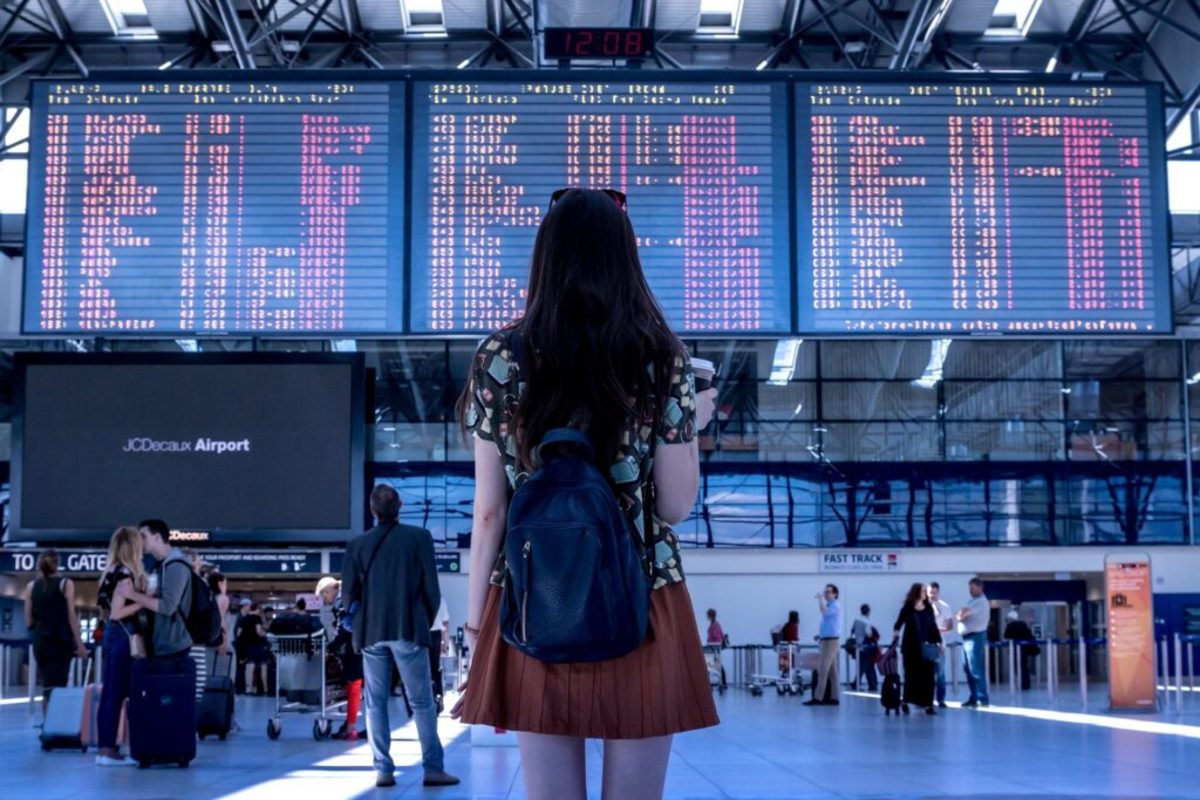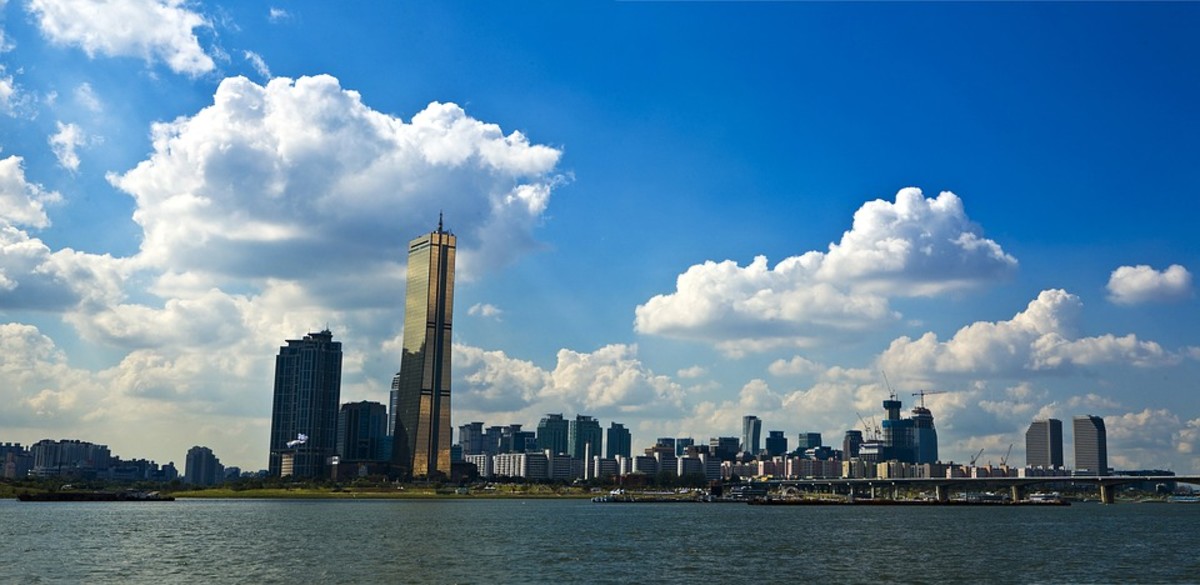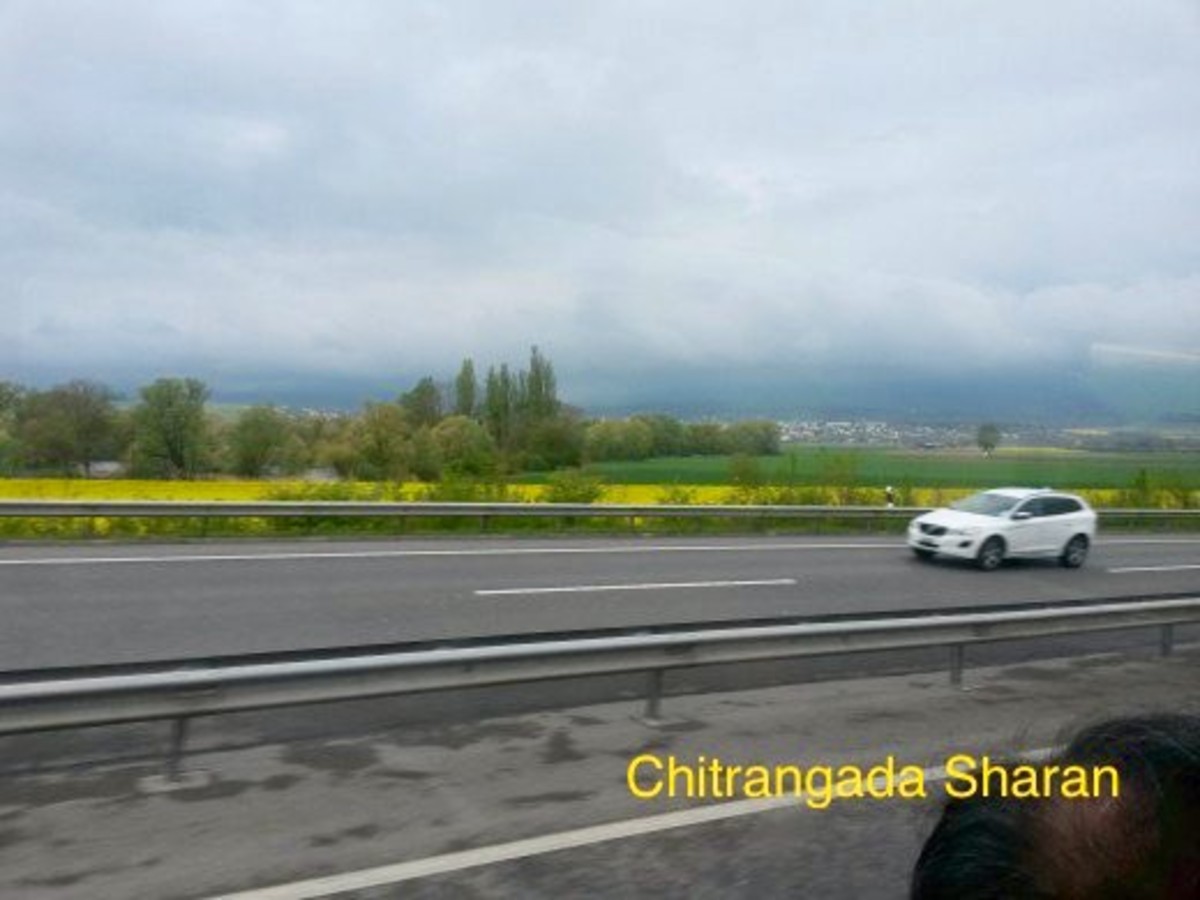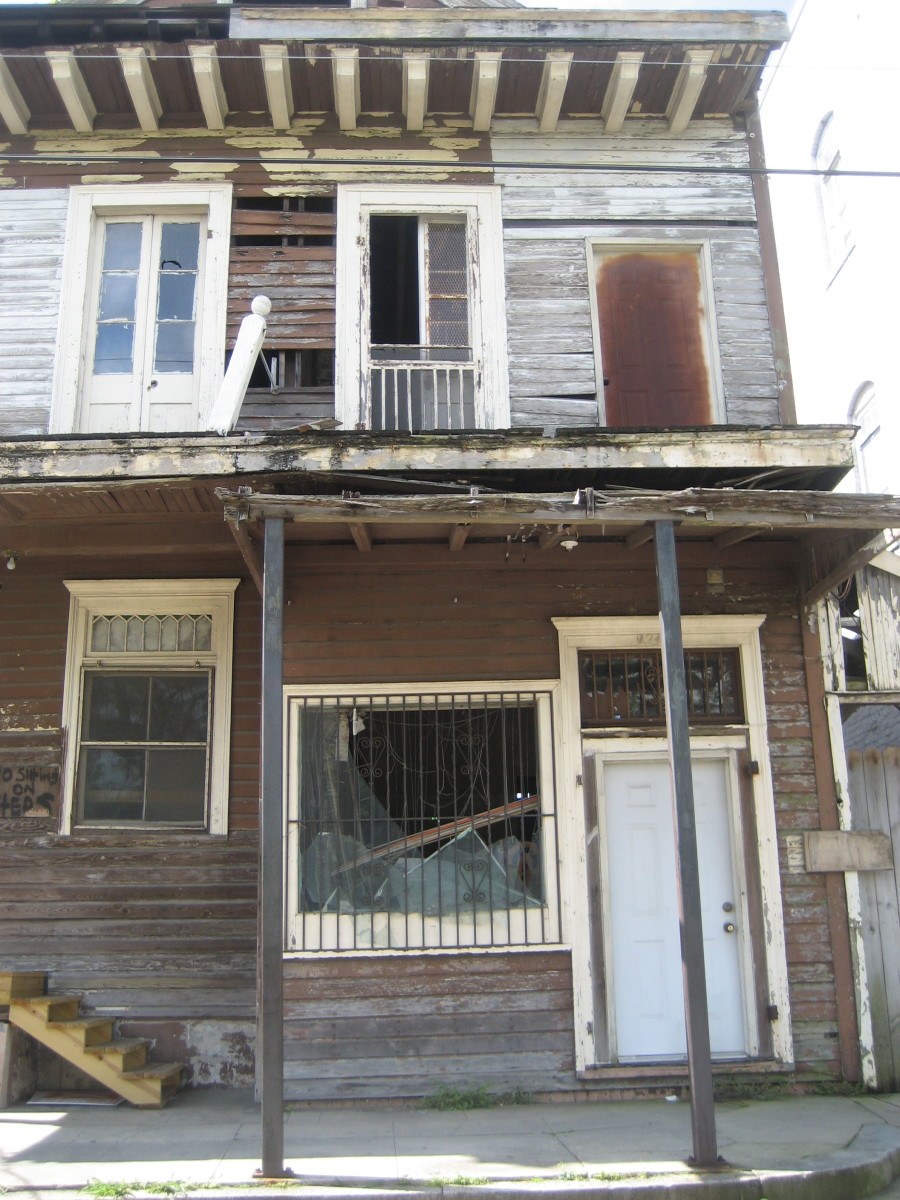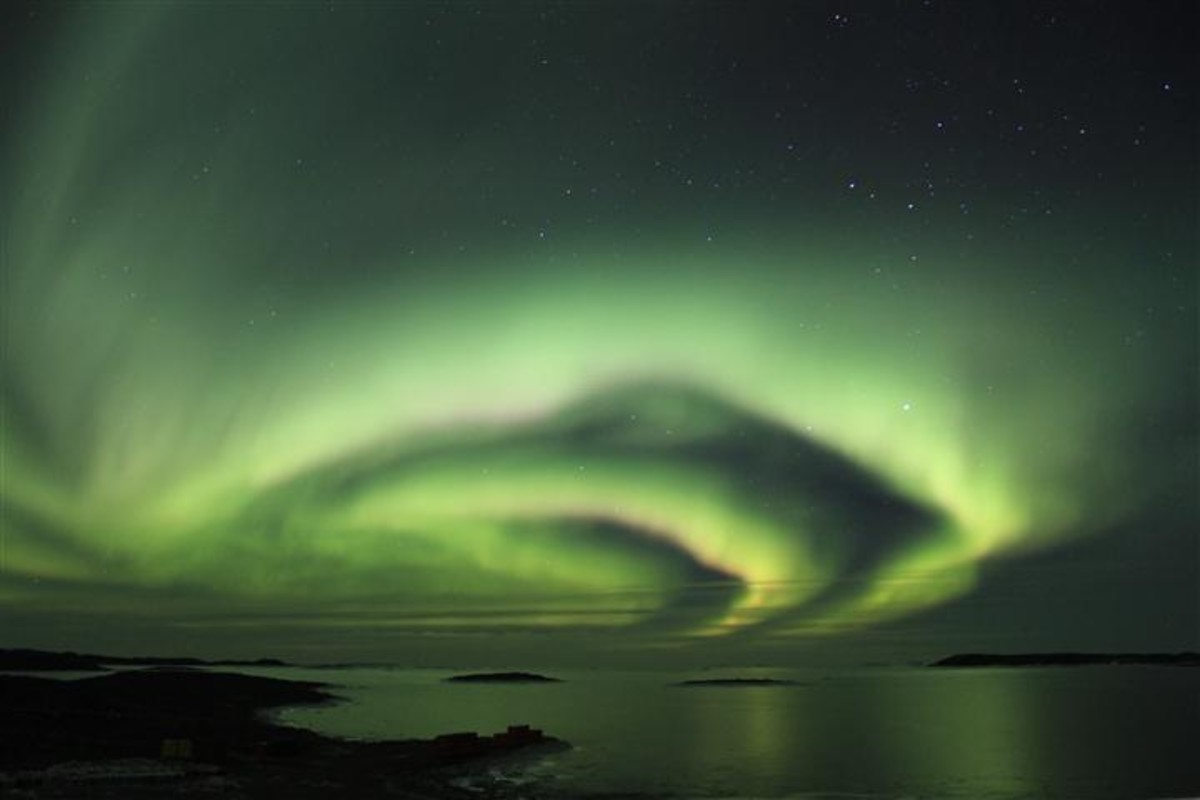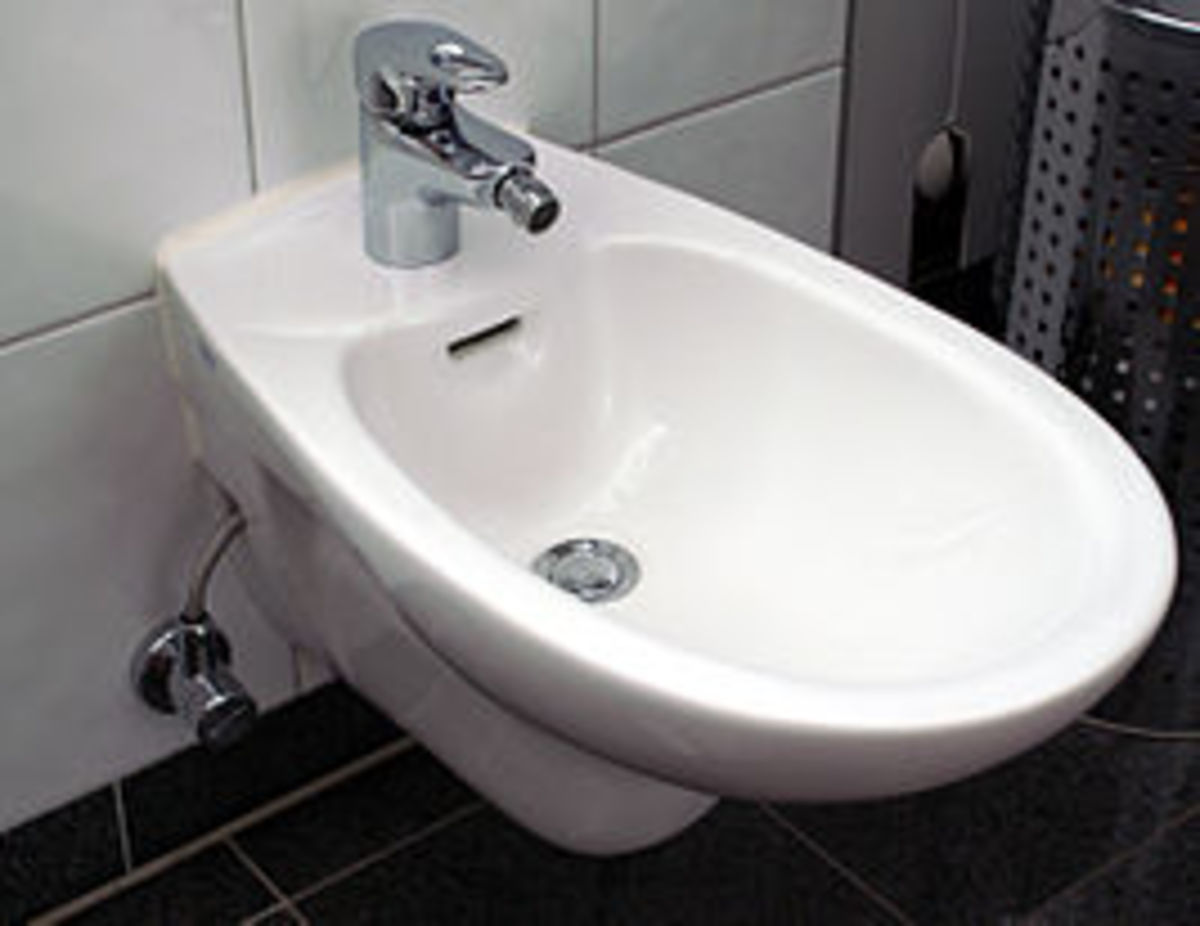Travel & Tourism Tips
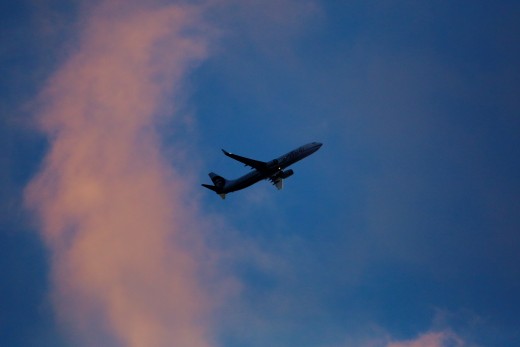
Be Responsible and Sustainable Tourists
Today tourism is a force to reckon with, unlike in the distant past, when travel / tourism was limited by the problems of transport and communication.
Tourism is growing and diversifying in scope and direction today as new activities such as cultural tourism, adventure tourism, ecotourism etc. (every conceivable niches) are capturing the imagination of new age tourists.
What encouraged people to venture beyond national boundaries is the natural urge of human beings for new experiences, the desire to be educated and entertained along with rapid technological advances in air transport and development of tourist facilities around the world.
Today tourism is a large service industry globally in terms of both gross revenue and foreign exchange earnings. In fact, it is one of the fastest growing and most dynamic industries in the world. Tourism constitutes about 5% of direct global GDP and about 30% of the world’s exports of services.
While the purpose of travelling for holidays is enjoyment; at the same time, we should try to give maximise benefits to the local people and minimise the adverse impacts to the environment of our tourist destinations. Let us be responsible and sustainably traveller or tourist.
Safety First
In order to enjoy your traveling, you should not feel threaten or endanger in any way. This is possible if you take certain simple precautions from the very start of your journey.
- Research the safety of your intended destination with the Department of Foreign Affairs and Trade.
- Ask your tour operator for specific tips for responsible travel in your destination.
- Watch for your suitcase at the airport.
- Avoid changing money at airports, as thieves could be watching you.
- Consult with your hotel manager or tourist information centre about the public transport in your area. Make sure you know what official taxi cabs look like. A thief may pose as a taxi driver to lure you into their car.
- Don't share taxis with strangers.
- While driving, keep all doors locked and windows up. Make sure your boot is locked too.
- Don’t disclose your travel plans and your accommodation details.
- Don't hitch hike and avoid travelling at night.
- Ask your hotel information on 'safe' and 'unsafe' local areas.
- City streets with children and women suggest that the area is safe.
- Carry with you at all times the contact details of your embassy.
- Keep a photocopy of your passport and all other important documents in a safe place.
- Use ATMs during the day, when there are people around.
- Rely more on credit cards and travellers cheques.
- If you are robbed, don't fight back. To lose a few dollars and a wristwatch is wiser than getting injured.
- Avoid incidents such as fights, riots or civil disturbances at all times.
- Choose accommodation that has unmarked 'swipe cards' rather than numbered keys for each room if available. If you lose your swipe card or if it is stolen, the thief won't know which room to rob.
- Take note of emergency exits, stairwells, fire escapes and emergency plans of your hotel.
- Always lock your hotel door when retiring for the night. Use door chain if included.
- Arrange meeting people which you've never met before (such as business associates) in the lobby. Don't ask them to come up to your room.
- Even if you're loss, walk like you've got a purpose.
- Try to blend in with the locals and avoid looking or acting like a tourist. Match your dress style to that of the locals.
- Be discreet when map reading and notice the people around you.
- Don't wear expensive jewellery on obvious display.
Which is your favorite tourist destination?
Be sensitive to local people
The local people are likely to be different from you. You may not have come across such people so far in your life. Be sympathetic to the local people and feel free to ask whenever in doubt.
Buy local products rather than imported goods. Buy locally made souvenirs, eat at local restaurants.
Hire a local guide and learn more about local culture and lives and let them earn income.
Respect local cultures, traditions and holy places. When entering temples in Asia wear long pants or skirts and keep your shoulders covered. Cover your head in religious places.
Notice local dress patterns and try to adhere it.
Respect cultural differences and learn from it. People in different places do things differently.
Always ask permission to take photos of people and respect their wishes if they refuse. If you do take a photo, offer to send copies back to them and make sure to follow through with your promise.
Do not support the illegal drug trade or the sex trade.
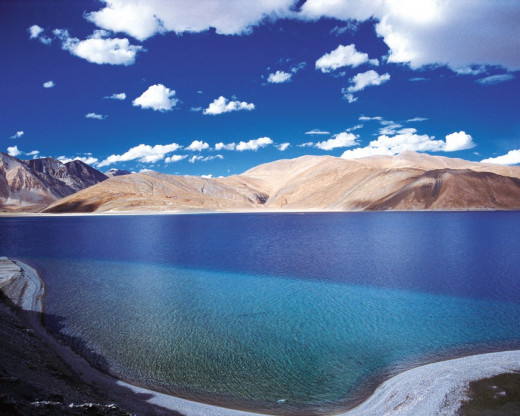
Beautiful quotes on tourism and traveling
"The fool wanders, a wise man travels". Thomas Fuller
"I would like to spend my whole life traveling, if I could borrow another life to spend at home".William Hazlitt
"To travel is to possess the world". Burton Holmes
"The use of traveling is to regulate imagination by reality, and instead of thinking how things may be, to see them as they are". Samuel Johnson
"Travelling is like flirting with life. It's like saying, 'I would stay and love you, but I have to go; this is my station".Lisa St. Aubin de Teran
Leave minimum impacts to the environments
Beautiful, scenic and pleasant environment is the best gift of nature. As it takes years and years to reach its present conditions, you should care the pristine environment as you care for your closest friend. Understanding and caring for the environment is an essential characteristic of a responsible or sustainable tourism.
Biodegradable products make a big difference when visiting fragile and pristine parts of the world. Don't litter. Try to avoid excessive waste and the use of plastic bottles.
Avoid excess packaging; waste disposal is difficult in remote places and developing countries.
Use public transport, hire a bike or walk whenever possible.
Conserve water. Use water sparingly. Taking quick showers using less hot water.
Recycling is extremely limited or non-existent in most developing countries. Rechargeable batteries are best; if this is not possible then bring any used batteries back home with you for proper disposal.
Straying from the trail while hiking can cause erosion and other environmentally harmful impacts.
Respect endangered species. Do not buy products that exploit wildlife, aid in habitat destruction, or come from endangered species. Avoid products made from endangered species (e.g. turtle egg soup, crocodile handbags), hard woods or ancient artefacts.
Reduce energy consumption. Unplug your mobile phone charger, turn off the lights when you leave your hotel room, shut off your Laptop when not in use.
Put on a Sweater. Wear more clothes instead of turning up the thermostat.
Instead of using the dryer, line‐dry your clothes in the Sun which will reduce energy
Recycle paper, plastic and glass.
Use cloth or reusable bags when shopping instead of plastic or paper bags.
Buy produce that is in season. More energy is wasted for the production of out of season produce.
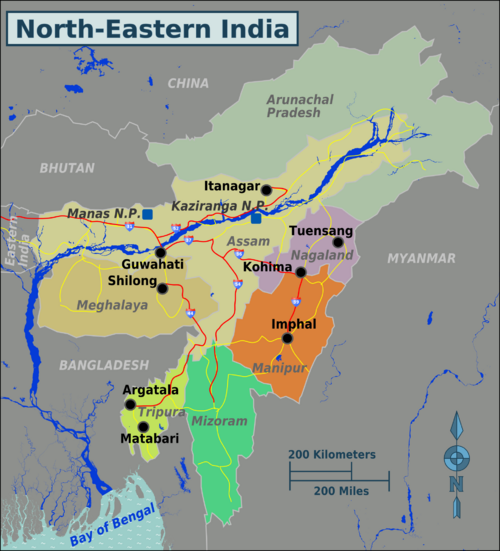
Tips to travel in India particularly North-Eastern
A Protected Area Permit (PAP) is required for non-Indian citizens to visit certain areas in India, mainly in the North-East States.
PAP is required for foreigners to visit the following areas in India
- All of Nagaland
- All of Sikkim
- Parts of Arunachal Pradesh
- Parts of Himachal Pradesh
- Parts of Jammu and Kashmir
- Parts of Manipur
- Parts of Mizoram
- Parts of Rajasthan
- Parts of Uttarakhand
Even Indian citizens who are not resident in these areas need an Inner Line Permit (ILP) to enter Arunachal Pradesh, Mizoram and Nagaland. ILP is not required for central government employees and security forces of India.
A foreign national is not normally allowed to visit a Protected / Restricted Area. With a view to promote tourism, some areas can be visited by foreign tourists, either in groups, or as a couple in the case of a husband and wife, or by individuals, after obtaining RAP from the competent authority.
An application should be submitted for the grant of Protected/Restricted Area Permit to the Indian Mission in their country before coming to India. If already in India, group of tourists who desire to visit any area covered by the Protected /Restricted Area regime should submit the requisite application. In all cases, prior clearance from the Ministry of Home Affairs is needed.
- The permit is valid for group tourists consisting of two or more persons only.
- The permit is valid for the specific tourist circuit/route and the specific entry / exit point.
- The permit holder must keep sufficient number of photocopies of the permit as he/she may be required to deposit a copy at each point of entry/exit.
- The permit holder shall not stay in the restricted/protected area after the expiry of the permit.
- A foreigner must enter/exit the North-Eastern States by air only.
- A foreigner can travel within the North Eastern states through the National Highways by road or by air.
- They have to travel with a registered travel agent
A Restricted Area Permit (RAP) is required for non-Indians to visit certain areas in India. RAP is required for all visits to the Union Territory of the Andaman and Nicobar Islands and parts of the state of Sikkim.
RAP is generally available for individual travellers and can be issued by overseas embassies.
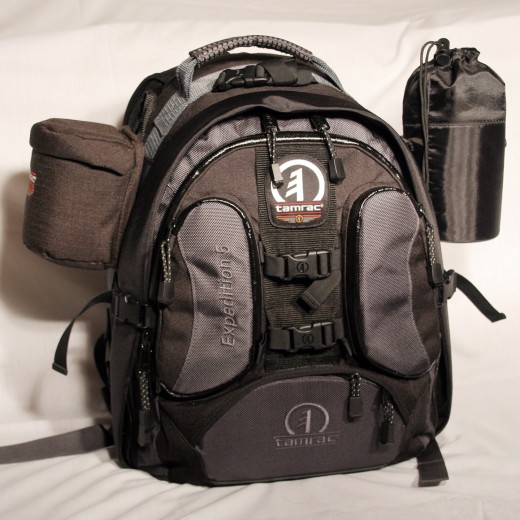
Educate yourself about the place and people you are visiting.
Don’t hesitate to take time to learn about the country you are visiting.
Learn about their customs and traditions and their laws.
As a responsible or sustainably tourist, your safety as well as consideration of the communities and protection of environments you will visit is important.
Pack light. Try to take half of the thinks you need and twice the money to buy new items.
Sleep mask and ear plugs come handy on plane, train or in hotel.
Capitalise on your travelling bag. Roll your clothes and put inner wears and socks inside your shoes.
Take a multi-socket extension cord to charge all your electronics at once.
Make photocopies of your passports and keep its soft copy in mail and your smart phones.
Use your smart phones to take pictures of your taxi, luggage and its contents in case it gets lost.
